The European Central Bank (ECB) is set to cut interest rates on Thursday, marking its third consecutive reduction, as it seeks to boost lending, consumer spending, and business investment in the eurozone. This decision comes amid concerns about a weakening economy, political instability in key eurozone countries, and the potential for renewed trade tensions with the United States.
After aggressively raising rates from mid-2022 to combat soaring energy and food costs, the ECB is now shifting focus to stimulating the economy as inflation eases and growth slows. Despite inflation remaining above the ECB’s 2% target, with a rise to 2.3% in November, policymakers are expected to implement a more cautious approach with a quarter-point cut, in line with the ECB's traditional pace. Analysts had speculated that a larger, half-percentage-point cut might be possible due to weak economic data, but a more gradual reduction is seen as a compromise between those who want tighter policies and those advocating for faster easing.
The ECB's decision, which will bring the key deposit rate to 3%, is expected to reflect a more cautious stance on inflation control as growth concerns dominate. ECB officials have already expressed worries about the eurozone's economic slowdown, with weak growth in Germany and political instability in France contributing to an uncertain outlook. Analysts predict that the ECB will also revise its economic forecasts, with downward adjustments to both growth and inflation projections.
Political turbulence in major eurozone economies, including Germany’s upcoming elections and the political crisis in France, further complicate the ECB's decision-making process. Additionally, the looming return of Donald Trump to the White House, with his threats of new tariffs on EU imports, adds further pressure on the bloc’s economic stability.
Markets are also eyeing the US Federal Reserve's upcoming rate-setting meeting, with expectations of another rate cut. While a eurozone rate cut is widely anticipated, investors will closely scrutinize the ECB’s statement and President Christine Lagarde’s press conference for signals about the pace of future easing.
Key points to note:
The ECB is expected to announce a quarter-point cut, bringing the deposit rate to 3%.
Inflation pressures remain, but economic growth in the eurozone is weakening, particularly in Germany and France.
Political instability, including in France and ahead of German elections, complicates the economic outlook.
The ECB's decision comes just ahead of the US Federal Reserve's next meeting, with markets betting on another rate cut there as well.



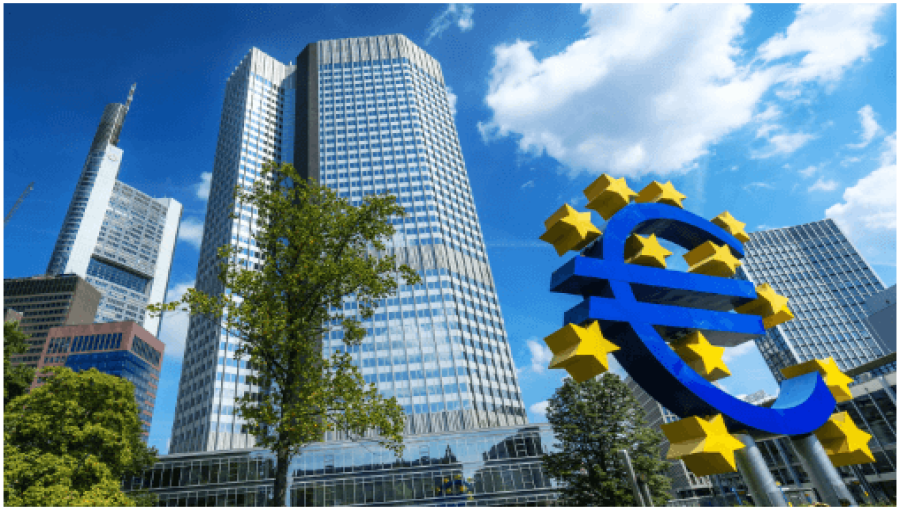
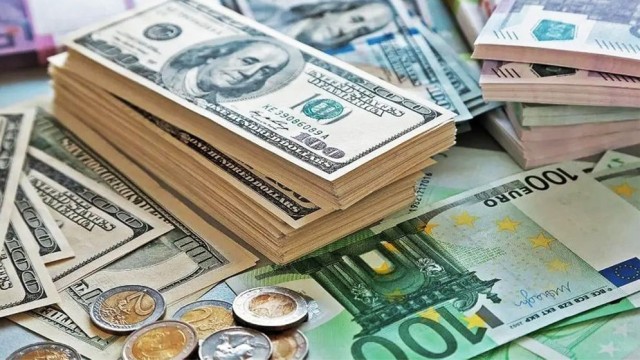

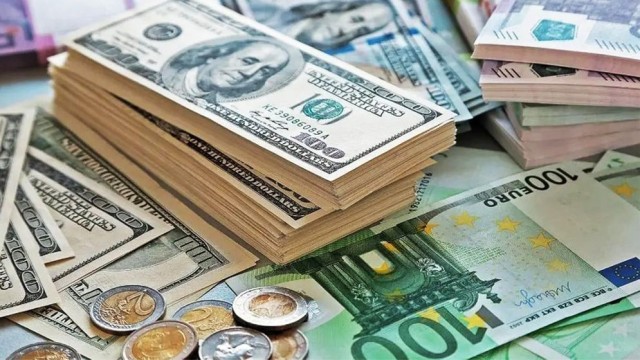

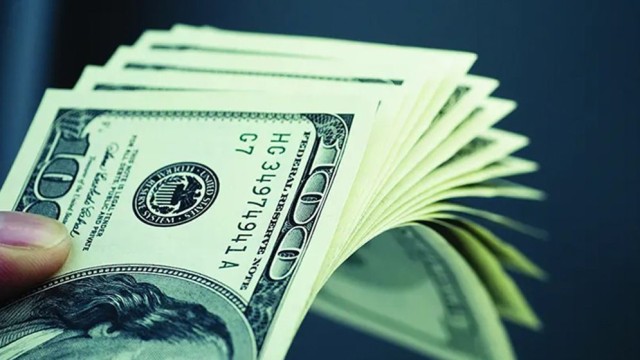

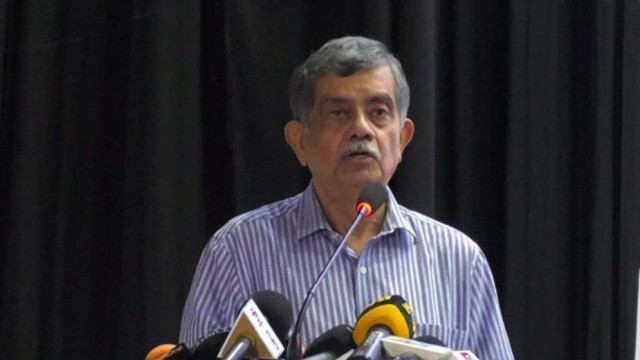







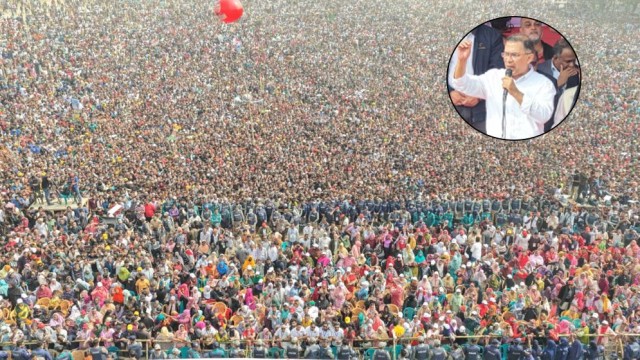
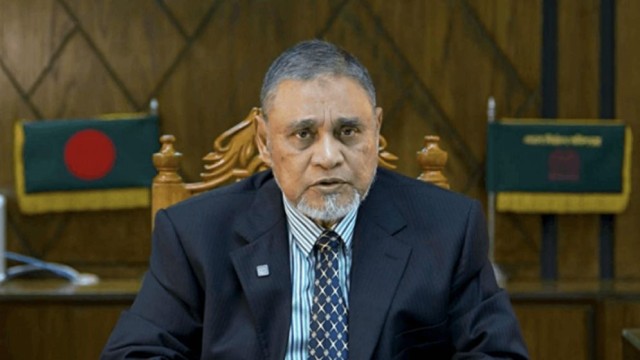











Comment: